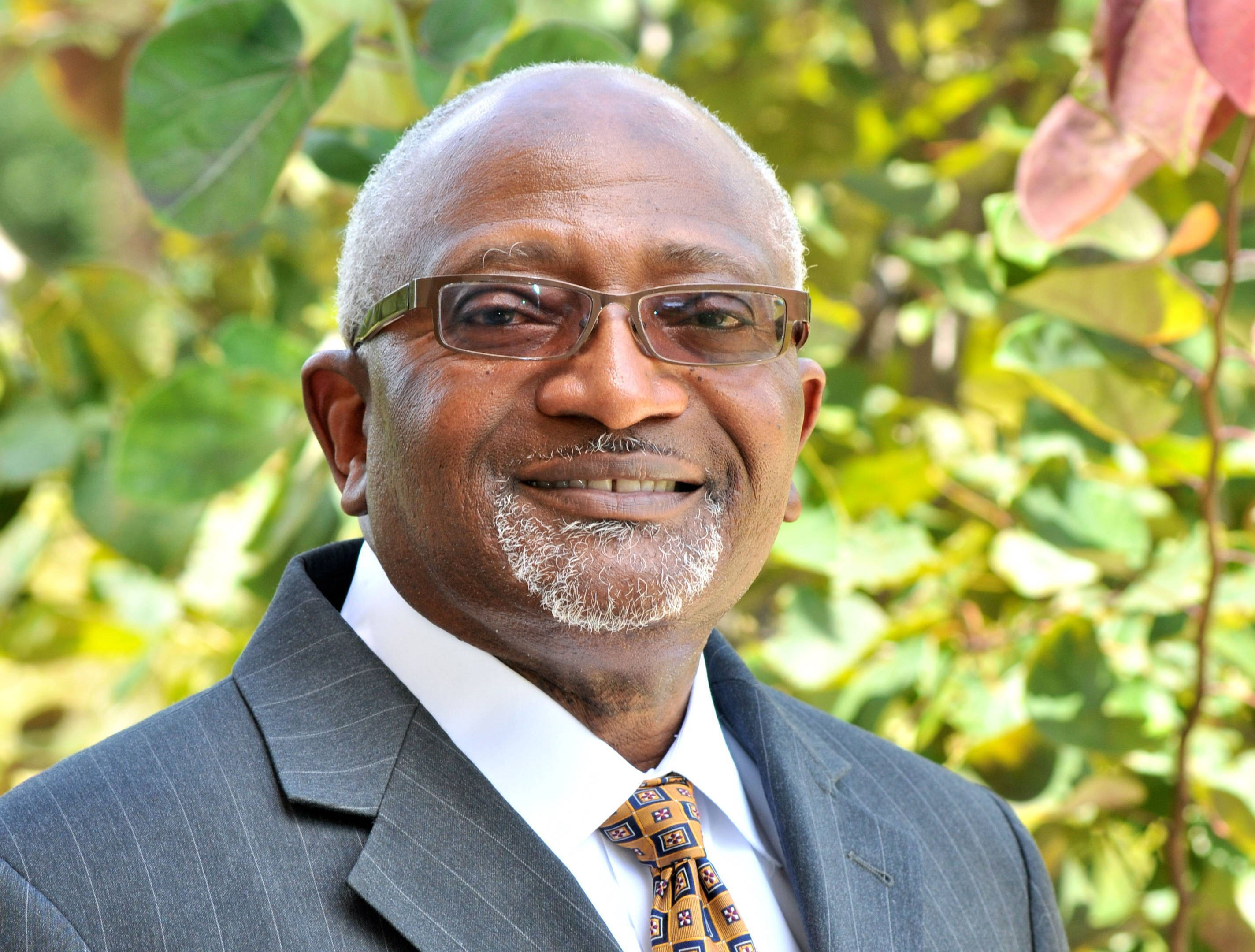Climate change is the defining global environmental justice, human rights and public health issue of the twenty-first century. The most vulnerable populations in the United States and around the world will suffer the earliest and most damaging setbacks because of where they live, their limited income and economic means, and their lack of access to health care. Professor Bullard’s presentation focused primarily on the U.S. and the need for empowering vulnerable populations; identifying environmental justice and climate change “hot-spot” zones; and designing fair, just, and effective adaptation, mitigation, emergency management and community resilience and disaster recovery strategies. He offered a framework for dismantling systemic racism and policies and practices that create, exacerbate and perpetuate inequality and vulnerability.
See highlight video of Bullard's Albright lecture below. You can also request to see the full lecture video by emailing raussercollege@berkeley.edu.
Robert D. Bullard is often described as the father of environmental justice. He is the Distinguished Professor of Urban Planning and Environmental Policy at Texas Southern University, the Director of the Bullard Center for Environmental and Climate Justice, and a former Dean of the Barbara Jordan-Mickey Leland School of Public Affairs. Prior to joining TSU he was founding Director of the Environmental Justice Resource Center at Clark Atlanta University. He received his Ph.D. degree from Iowa State University. Bullard is an award-winning author of eighteen books that address sustainable development, environmental racism, urban land use, industrial facility siting, community reinvestment, housing, transportation, climate justice, disasters, emergency response, and community resilience, smart growth, and regional equity. He is also co-founder of the HBCU Climate Change Consortium and a proud U.S. Marine Corps veteran.
He was featured in the July 2007 CNN People You Should Know, Bullard: Green Issue is Black and White. In 2008, Newsweek named him one of 13 Environmental Leaders of the Century. And that same year, Co-op America honored him with its Building Economic Alternatives Award (BEA). In 2010, The Grio named him one of the “100 Black History Makers in the Making” and Planet Harmony named him one of Ten African American Green Heroes.”
In 2021, President Joe Biden named him to the White House Environmental Justice Advisory Council (WHEJAC).




